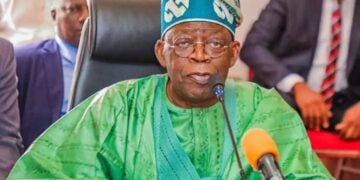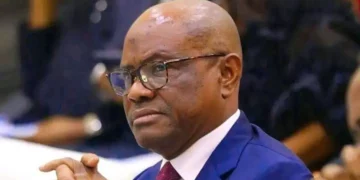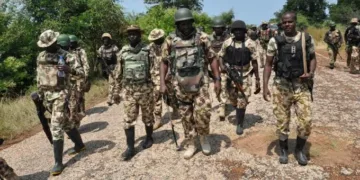To address the growing threat of violent extremism in Nigeria, the PCVE Knowledge, Innovation and Resource Hub (KIRH), in partnership with the PAVE Network, has trained journalists at a two-day Media Capacity-Building and Roundtable event.
The event, which started Monday, September 1st, 2025, in Abuja, featured influential figures from the media, government bodies, and civil society organisations.
The training was in collaboration with prominent organisations, such as the Presidential Framework for Preventing and Countering Violent Extremism (PF-NAP), the National Counter Terrorism Centre (NCTC) operating under the Office of the National Security Adviser (ONSA), the Institute for Peace and Conflict Resolution (IPCR), and KIRH.
The programme aimed to enhance responsible reporting on preventing and countering violent extremism (PCVE), which recognised the Media as a key pillar in national security efforts, advancing peacebuilding, youth rehabilitatio.
, and enhancing community resilience against violent extremism.
Speaking at the event, Mr Jaye Gaskia, Chair of the Steering Committee for the PAVE Network Development and Management Team PCVE KIRH, said violent extremism must be viewed as profoundly damaging, describing violent extremism as “satanic and devilish.” He also emphasised the urgent need for comprehensive reintegration and rehabilitation programmes for youths susceptible to extremist influences. Mr Gaskia stressed that raising public awareness about the devastating impact of community violence is crucial to foster safer and more cohesive societies, thereby protecting innocent Nigerian lives.
Mr. Gaskia called on the government at all levels to allocate specific budget lines devoted to peace and security initiatives. He argued that without sufficient funding, efforts to combat violent extremism would remain ineffective. Additionally, he urged civil society organisations to provide financial and technical support, encouraging a collaborative approach to tackling violent extremism nationwide. He passionately advocated for targeted support for Women and youth through small business initiatives, recognising economic empowerment as essential to community resilience.
“Prevention is better than cure, yet investment in preventive measures remains insufficient,” Mr Gaskia stated. He urged all stakeholders to focus on early intervention strategies such as education, youth empowerment, and community engagement.
In a joint appeal, Mrs Yetunde Adegoke, National Coordinator of the Global Community Engagement and Resilience Fund (GCERF), called on journalists to actively support peace efforts and counter violent extremism through Media campaigns and programs. She highlighted the media’s unique position in society to reshape public opinion, inform communities, and responsibly expose the realities of violent extremism. Balanced and ethical journalism, she stressed, can significantly reduce the appeal of extremist ideologies and promote social harmony.
Mrs. Adegoke also urged government officials, politicians, and media owners to uphold freedom of speech, reminding them that journalists are constitutionally empowered to hold the government accountable to its citizens. “Press freedom is fundamental”, she stated.
Lastly, Mrs. Adegoke tasked journalists with discharging their professional duties with integrity, reminding them that they are the voice of the masses. Their commitment to ethical reporting and accuracy is crucial in informing the public and contributing to national peace and security.










